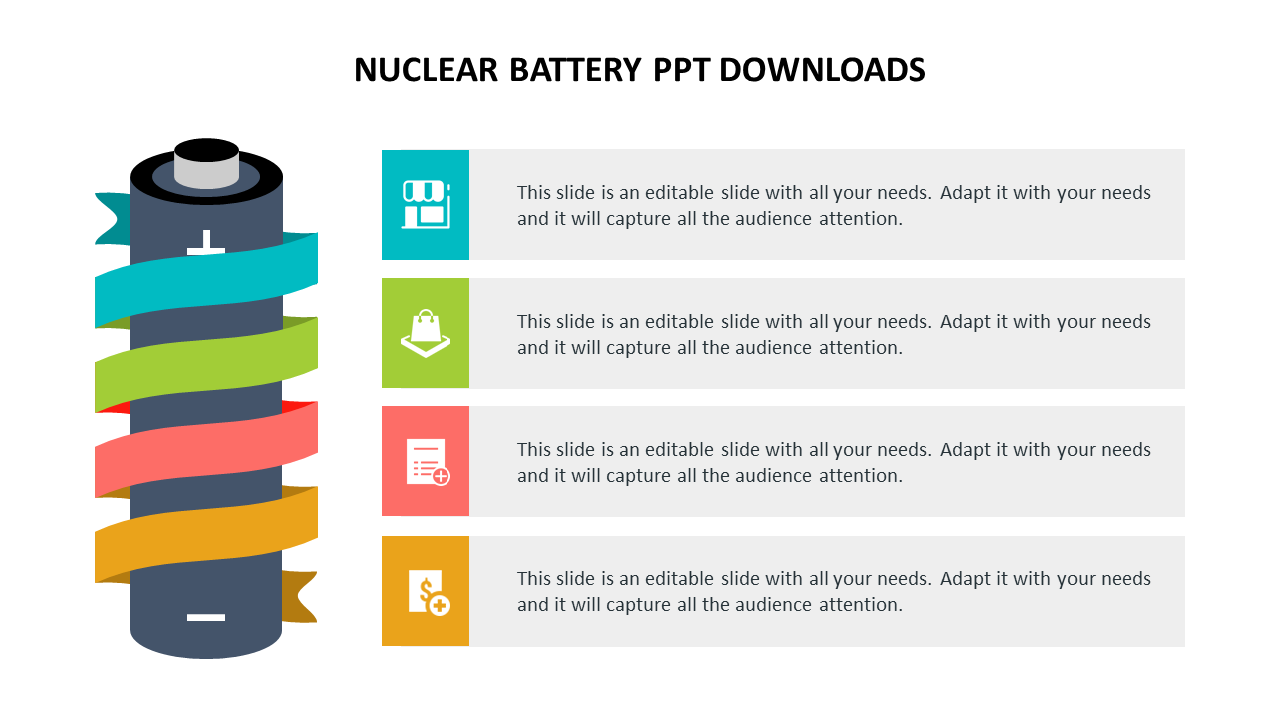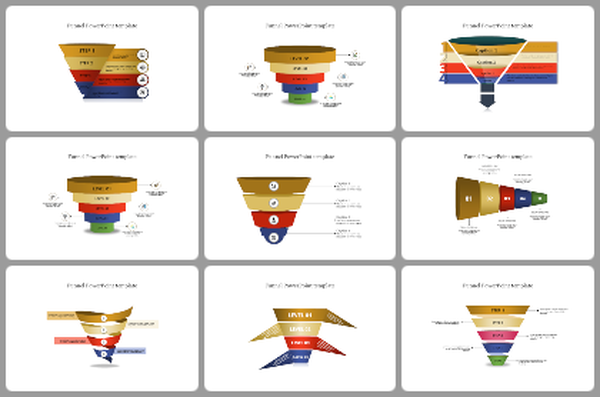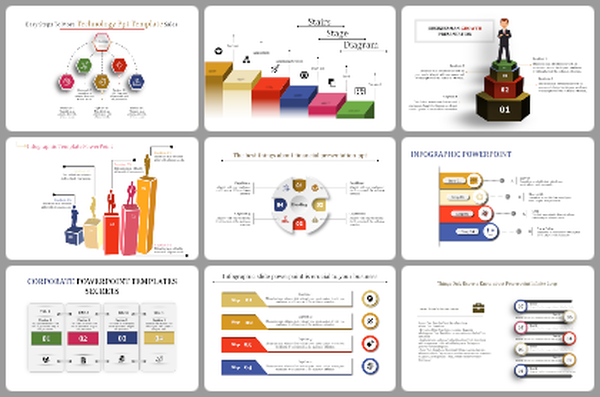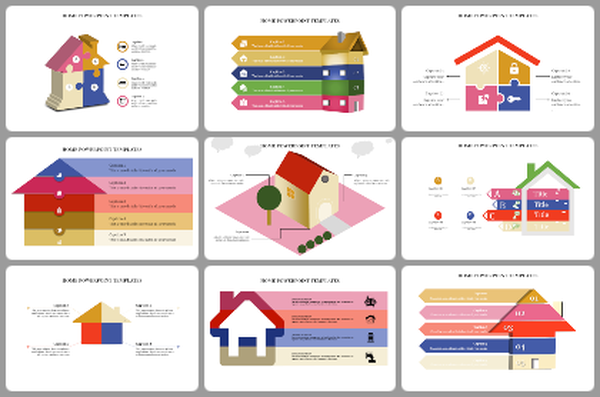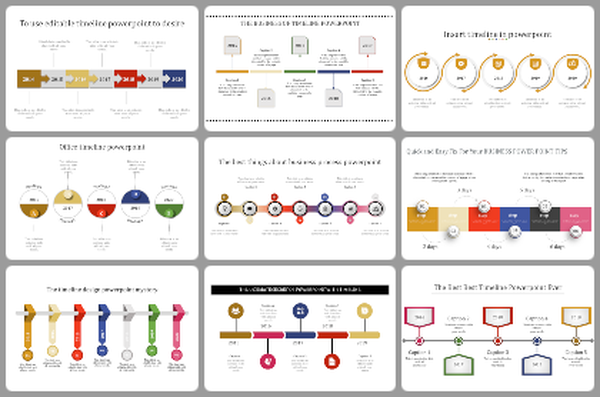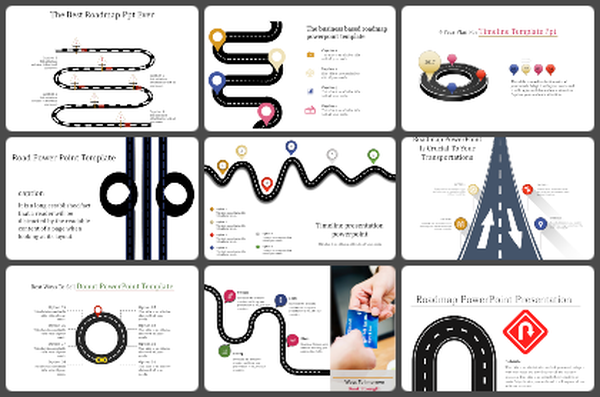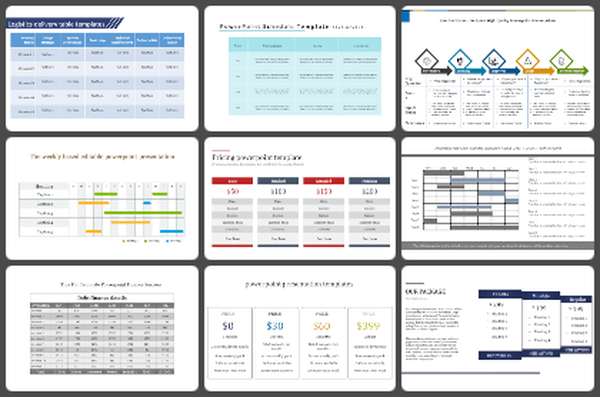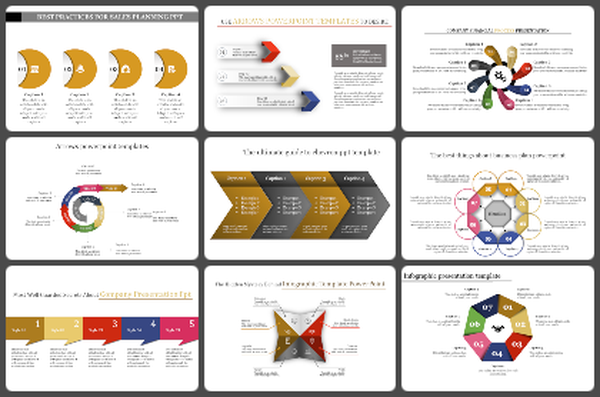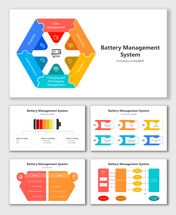Nuclear Battery PowerPoint Template and Google Slides
Presentation Template on Nuclear Battery
A nuclear battery is a type of battery that uses radioactive isotopes to generate electrical energy. The process involves the emission of ionizing particles from the radioactive material, which then interacts with a semiconductor material to produce an electric current. Nuclear batteries have the advantage of providing long-lasting power without requiring frequent replacements or recharging, making them ideal for use in remote locations or in devices that need to operate continuously. You can make use of our slide to explain the working principle of nuclear batteries, the types of radioactive materials used in them, the advantages and limitations of their use. Also, the four nodes helps for your elaborate explanations.
Features of the template
- 100% customizable slides and easy to download.
- Slides are available in different nodes & colors.
- The slide contains 16:9 and 4:3 formats.
- Easy to change the slide colors quickly.
- Well-crafted template with an instant download facility.
- Four nodes are added.
- Easily integrated with both PowerPoint and Google Slides .
